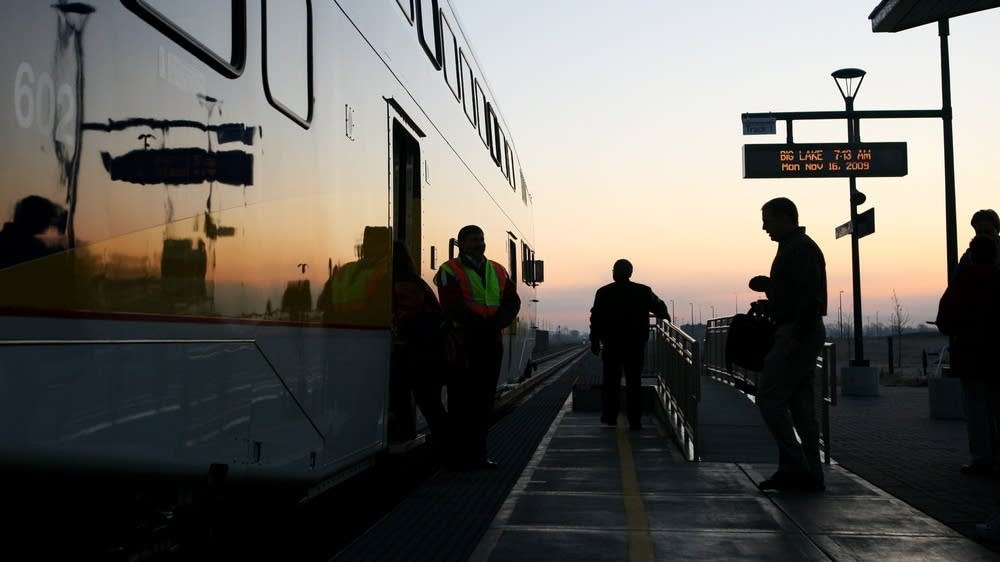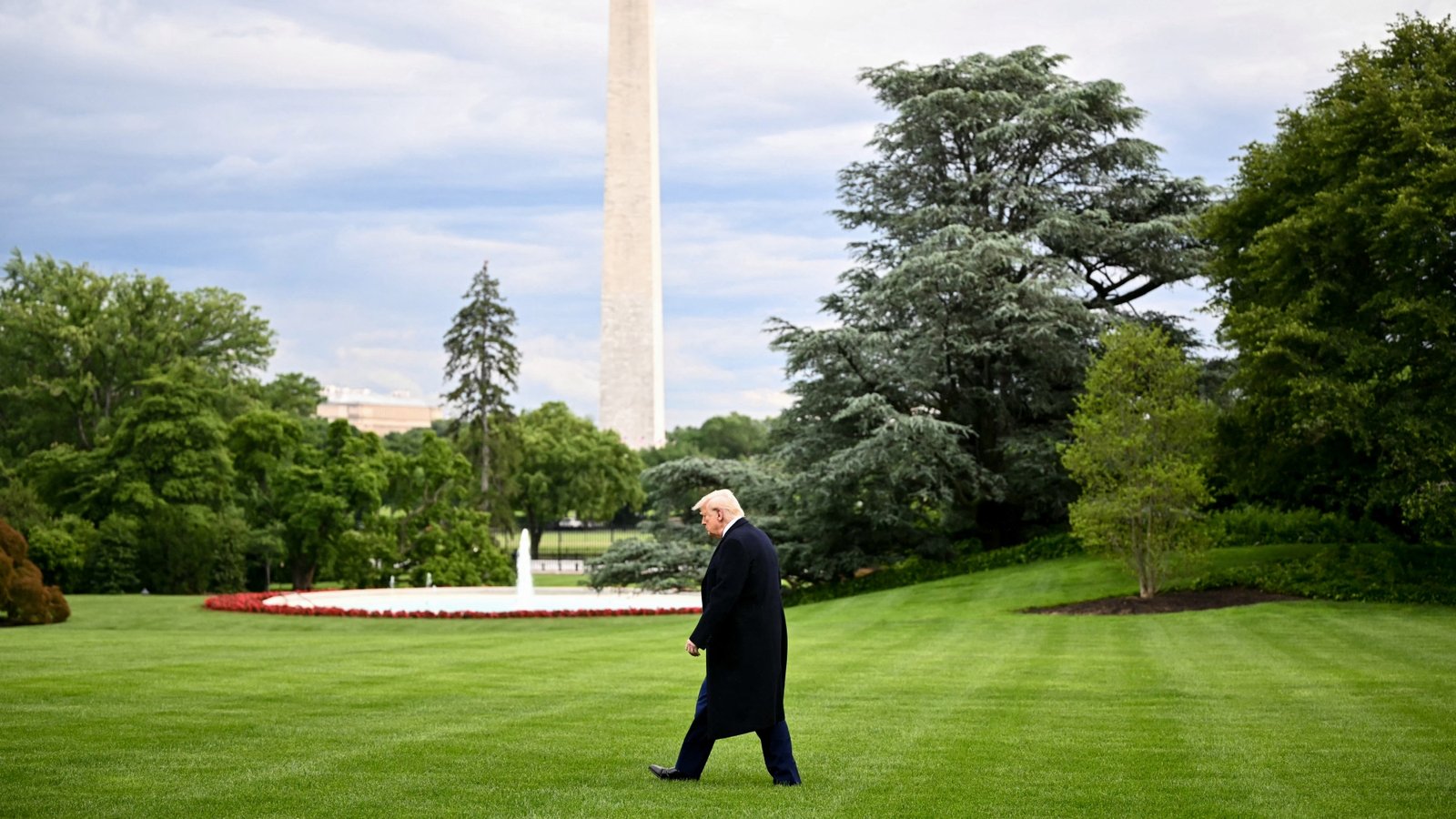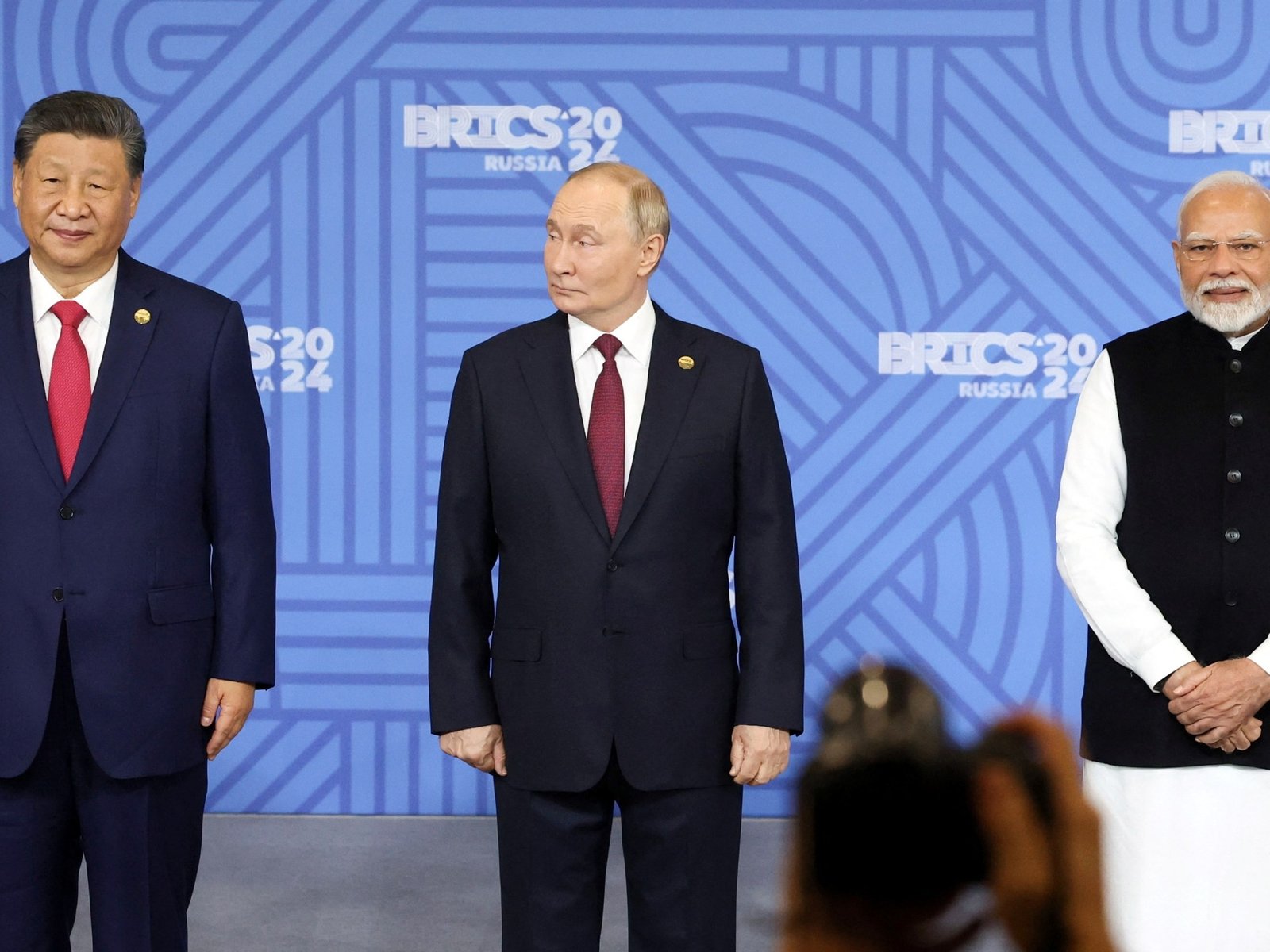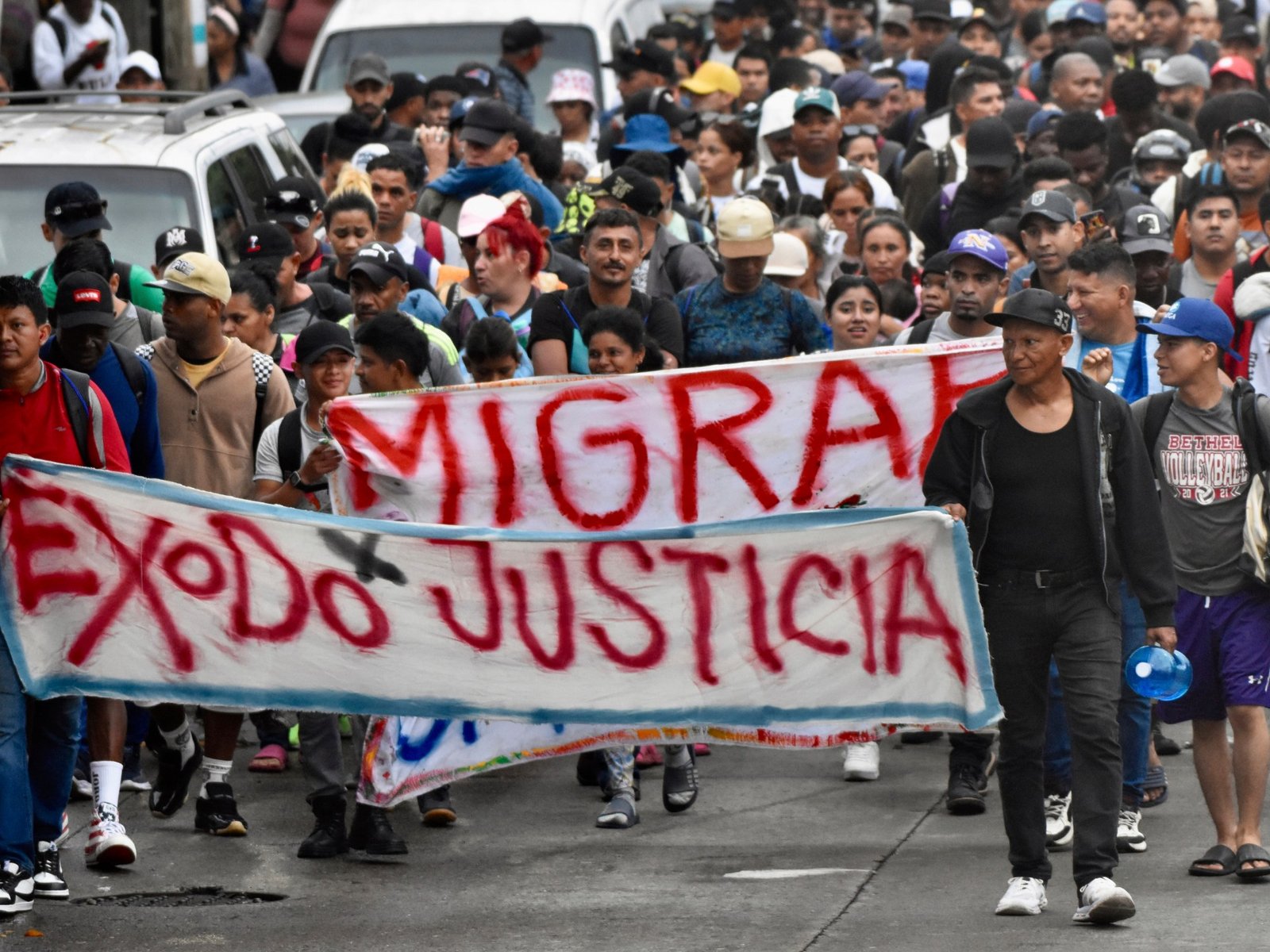After previewing in February that it was considering shutting down the Northstar Commuter Rail, Metro Transit officials are now recommending a January end date for the train line between downtown Minneapolis and Big Lake.
The proposal heard by the Metropolitan Council Committee of the Whole Wednesday lays out enhanced bus service to replace the 16-year-old line. It would offer more trips during the day, and keep similar travel times and weekend service–but at a lower cost than the commuter rail.
Council Chair Charlie Zelle said there were mixed feelings around the end of the service.
“Northstar was a brilliant idea,” said Zelle. “It is a shame that we feel like at this point we'll have to have a transition. This is not a moment of celebration, it’s a moment of reflection. [It’s our] duty as fiduciary policy makers to be thoughtful about the public good.”
Zelle said the public will have an opportunity to comment on the proposal at a transportation meeting on Aug. 11.
The Met Council is expected to vote on the plan Aug. 27.
The Northstar began operating in 2009 and, at its pre-pandemic height, saw a maximum of 2,660 average weekday rides. Covid-19 hit in 2020 and the ridership numbers never fully recovered.
By 2024, the average number of weekday rides fell to 430. When the line first opened, Metro Transit had projected it would see 5,590 weekday rides by 2025.
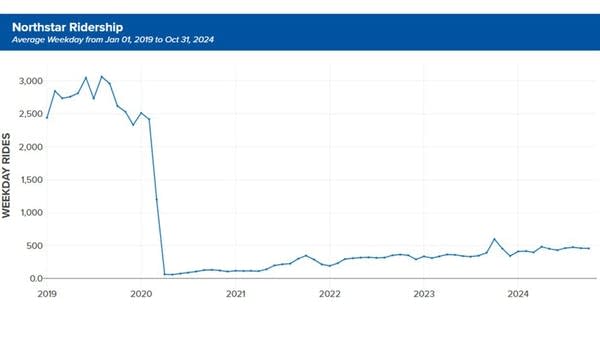
At the same time that ridership has plummeted, operating costs have risen.
Metro Transit said that it costs more to provide 40 weekly trips in 2025 than it did to provide 72 in 2019. And much of that cost isn’t getting passed along to riders.
It costs taxpayers $116.60 per Northstar ride, according to Metro Transit’s presentation to the committee. Passengers only pay $6.25 for a ride from one end of the line to the other. That subsidy is the second highest among 29 other U.S. commuter rail lines in 2023, the agency said.
The gap also means that the line is operating at a financial deficit. It cost about $11.6 million to operate Northstar in 2023, but the line collected $323,589 in fares, according to a MnDOT study released in February.
Meanwhile, the subsidy for commuter bus service is $16.07 per ride.
Agency officials said replacing trains with bus service with similar frequency would cost $2 million each year.

Before drafting its proposal, Metro Transit asked riders to fill out online surveys and held four public meetings, including one on the train, to help inform future bus service. Most of the proposed routes would run every 30 minutes.
If the council approves the plan later this month, the last weekday commuter train would be Jan. 2. The last weekend train would be Jan. 3 or 4, after the final Vikings regular season game.
Use the audio player above to listen to a conversation between Minnesota Now guest host Chris Farrell and Eric Lind, the director of the Accessibility Observatory at the Center for Transportation Studies at the University of Minnesota.
Subscribe to the Minnesota Now podcast on Apple Podcasts, Spotify or wherever you get your podcasts.

